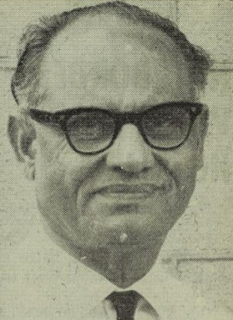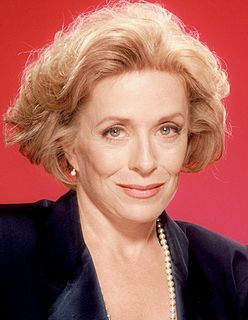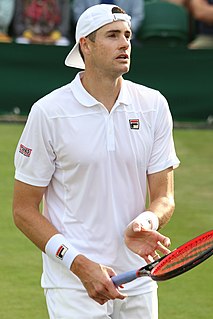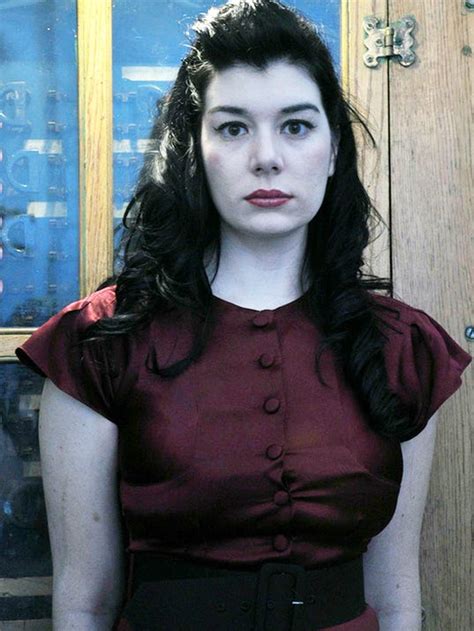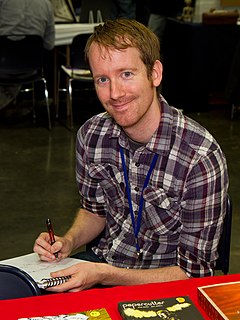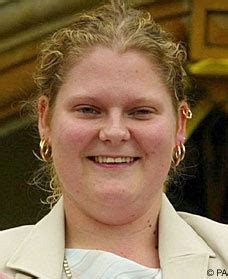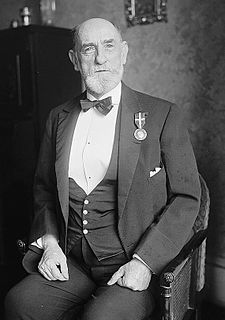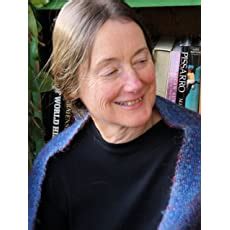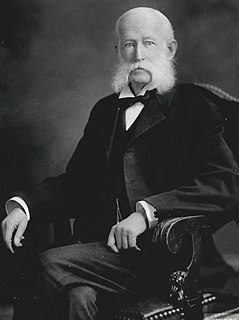Top 1200 Reading Literature Quotes & Sayings - Page 16
Explore popular Reading Literature quotes.
Last updated on November 6, 2024.
The book was long, and difficult to read, and Klaus became more and more tired as the night wore on. Occasionally his eyes would close. He found himself reading the same sentence over and over. He found himself reading the same sentence over and over. He found himself reading the same sentence over and over.
The director [Elfar Adalsteins] came to me through my agent and I had a read of the script [of the "Sailcloth]. I thought immediately this is someone who is writing for the cinema. Not having to go through the tedious business of taking something from literature and making that awful leap that is so difficult to make anyway, from literature to cinema. It's refreshing to be able to deal with a subject like that, to be written where the driving force is the image on screen and you don't need any words. The more that we can do that [in film], the better.
There is a clear acknowledgement all over the world that we should not teach people to read and then to leave them without literature. For they would then relapse into a dreary and ultimately dangerous state of half-education, in which they would be easily satisfied by crude semi-pictorial approximations of the strip cartoon and by the abundant supply of degenerate literature which destroys, rather than promotes, a capacity to face the problems of the world with skill and courage
But there is no doubt that to attempt a novel of ideas is to give oneself a handicap: the parochialism of our culture is intense. For instance, decade after decade bright young men and women emerge from their universities able to say proudly: 'Of course I know nothing about German literature.' It is the mode. The Victorians knew everything about German literature, but were able with a clear conscience not to know much about the French.
If you can imagine the story of the world as a giant movie, to not have some understanding of the Bible - its story, its history, and its impact - would be like watching a great movie and removing part of the plot. It can't be done. The real truth is that everyone regardless of faith tradition benefits from knowing and understanding these aspects of the Bible. It enhances one's knowledge of literature, science, art etc. It's difficult to read any classic work of literature for instance and not see biblical allusions.
In the sixties, in the middle sixties, suddenly comics became this hip thing, and college students and hippies were reading them. So I was one of them, and I started reading, basically it was the Marvel Renaissance at that point. It was all their new characters, Spiderman and the X-Men and the Fantastic Four.
I do think that the imagination you create yourself when you're reading, to create the tone and the accent of the world, is an individual accomplishment that someone is imposing upon you by listening to them read it. Because you're listening to their interpretation, and their emphasis would probably be different from the one that your brain makes while you're reading it.
Two kinds of reading can be distinguished. I call them reading like a reader and reading like a writer ... when you read like a reader, you identify with the characters in the story. The story is what you learn about. When you read like a writer, you identify with the author and learn about writing.
The other thing about the Nights is that it is quite racist. One parentheses is that I think this is one of the negative things that appeal to people, that The Arabian Nights could be used as a disguise for racism. It suited the West. You could smuggle racism into children's literature, you see. The African magician in the story of Aladdin, he's labeled explicitly as the "African Magician." He's not a character but a stereotype, and a lot of this got into nursery literature in this Oriental disguise.
The diligent reading of Sacred Scripture accompanied by prayer brings about that intimate dialogue in which the person reading hears God who is speaking, and in praying, responds to him with trusting openness of heart. If it is effectively promoted, this practice will bring to the Church-I am convinced of it-a new spiritual springtime.
I got to college in '99, and I went to study literature and writing, and so within a couple years we had Bush elected, 9/11, we were at war, so I was sort of having my political and spiritual awakening at the same time I was becoming an adult, and that's a lot of stuff at once. I became very focused on the state of the world, and I started studying that stuff more, and I just had a real identity crisis. I couldn't even really just study literature.
Radio is the medium that most closely approximates the experience of reading. As a novelist, I find it very exciting to be able to reach people who might not ever pick up one of my books, either because they can't afford it (as is often the case in Latin America), or because they just don't have the habit of reading novels.
Communications technology changes possibilities for communication, but that doesn't mean it changes the inherited structure of the brain. So you may think that you're addicted to online reading, but as soon as it isn't available anymore, your brain will pretty immediately adjust to other forms of reading. It's a habit like all habits.
Seine et Danube was launched in 2003 with the help of Romanian authorities who had finally realized the necessity of promoting literature and Romanian culture in general. Along with focusing on the literature of the countries the Danube traversed (with an emphasis on Romania), we printed work that interested us from the banks of the Seine: French and French-Romanian authors like Cioran and Fondane. We dedicated our last edition to surrealism and Esthetic Onirisme.
It does not follow because many books are written by persons born in America that there exists an American literature. Books which imitate or represent the thoughts and life of Europe do not constitute an American literature. Before such can exist, an original idea must animate this nation and fresh currents of life must call into life fresh thoughts along the shore.
I changed my major to English literature, which was on the advice of my father. I finally said, "You know, Dad, to heck with it: I'm just going to be an actor. But I'm going to go to school." And he said, "Well, if you're going to go to school, then major in English literature. Those are the tools you are going to be working with as a man who's going to be acting in English, one would assume."
I don't actually have a one wellspring of inspiration. Though I'm most often inspired while reading - both fiction and nonfiction. I subscribe to National Geographic, Scientific American, Discover, and a slew of other magazines. And it is while reading articles for pleasure and interest that an interesting 'What if?' will pop into my head.
I would not have majored in English and gone on to teach literature had I not been able to construct a counterargument about the truthfulness of fiction; still, as writers turn away from the industrious villages of George Eliot and Thomas Hardy, I learn less and less from them that helps me to ponder my life. In time, I found myself agreeing with the course evaluations written by my testier freshman students:'All the literature we read this term was depressing.' How naive. How sane.
Travel stories teach geography; insect stories lead the child into natural science; and so on. The teacher, in short, can use reading to introduce her pupils to the most varied subjects; and the moment they have been thus started, they can go on to any limit guided by the single passion for reading.
Reading things that are relevant to the facts of your life is of limited value. The facts are, after all, only the facts, and the yearning passionate part of you will not be met there. That is why reading ourselves as a fiction as well as fact is so liberating. The wider we read the freer we become.
But, you have to watch them in order. That's very important because, as it turns out, stories have to be told in order. It's like reading a novel. There are times when it's tiring. And then, you get hooked and it's a page-turner, and you really want to keep reading. I do think there will be some fatigue that sets in.








